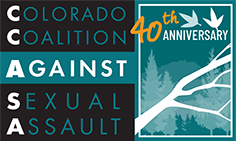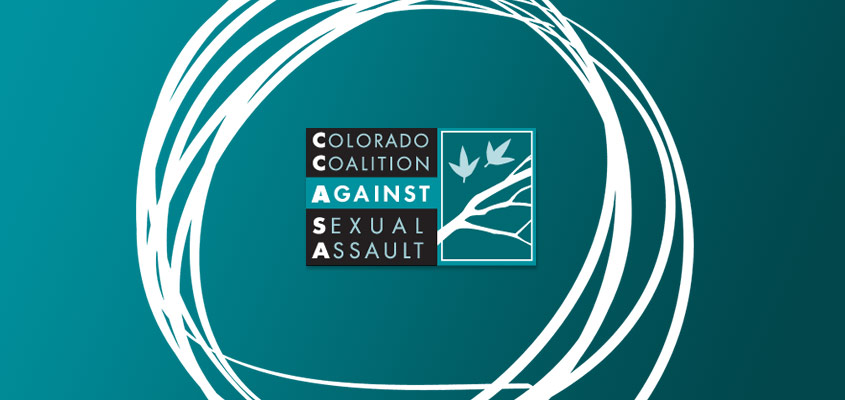Aside from events with big name keynote speakers, we plaster the campus with t-shirts and posters to make sure that the issue of sexual violence is both seen and heard. A few weeks ago, I was in the office planning an upcoming workshop with a colleague when a woman came through the door and identified herself as a rape survivor. She wasn’t there seeking services, but rather to tell us that she was triggered by the displays.
We didn’t know quite how to respond, so we offered advocacy and counseling resources, but she explained that she really just needed to tell someone how she felt. With tears pouring down her face and anger in her voice, she offered a line of reasoning that I’m getting all too used to hearing; we have services to keep people safe and we’ve been raising awareness for decades, but change isn’t coming and people are still getting raped. I couldn’t argue, and I could relate to how she felt. She thanked us for listening, wiped her tears away, and walked out the door.
In that moment, I asked myself if we should tone it down. Was our message too strong, too in-your-face? Were we hurting people? I know that isn’t the intention of raising awareness, but sometimes it does happen. We didn’t mean to trigger anyone, but when we did, she found in our office a safe space to share her feelings with compassionate people who would listen and understand. We helped her move on with her day.
I have attended and helped organize such events, and even though it is a difficult conversation to have, it is critical that we work to create spaces that are safe for survivors to tell their stories free from blame or judgment. Last year’s Denim Day Fashion Show in Denver was one of the most inspiring displays of courage, compassion and community that I have witnessed. Survivors came together to celebrate their beauty while sharing stories of pain, strength and resilience. For many of them, this was the first time they had shared their stories publicly.
On campus last year, we brought sociologist and author Michael Kimmel to speak about men and masculinity and how they relate to sexual assault. After a march led by local athletes and the Auraria community, his keynote presentation
served as a call to action for men to get involved in the conversation and to hold themselves and each other accountable for their actions.
As a survivor of marital rape, I have minimized my victimization in comparison to the experience of others, thus inhibiting my own ability to find peace and healing. Through involvement with awareness-raising efforts like Denim Day, I have seen empathy in action and realized that I am far from alone. I have found solidarity in those around me, renewing my hope that if we work together and keep having the difficult conversations, we can impact the lives of survivors and in time, we will see change.
Denim Day may not solve the problem of sexual violence, but creates space for us all to consider our role in prevention and it starts a critical dialogue about how to create a shift in the rape culture that exists around us. I encourage you to learn more about what is happening during the 4th week of April on your campuses and in your communities and find a way to join the awareness efforts.
Note from CCASA: This year is our 1st Annual Colorado Denim Day! We hope you will visit our website www.ColoradoDenim Day.org to learn more and wear jeans on Wednesday, April 24th! Wearing jeans on Denim Day is a visible way to take a stand against sexual violence.
Jenn Doe is working toward a Masters of Public Administration degree at CU Denver’s School of Public Affairs. She has a concentration in Domestic Violence and a background in marketing and design. She hopes to use her creative skills within the public sector to raise awareness and inspire action to end interpersonal violence.



